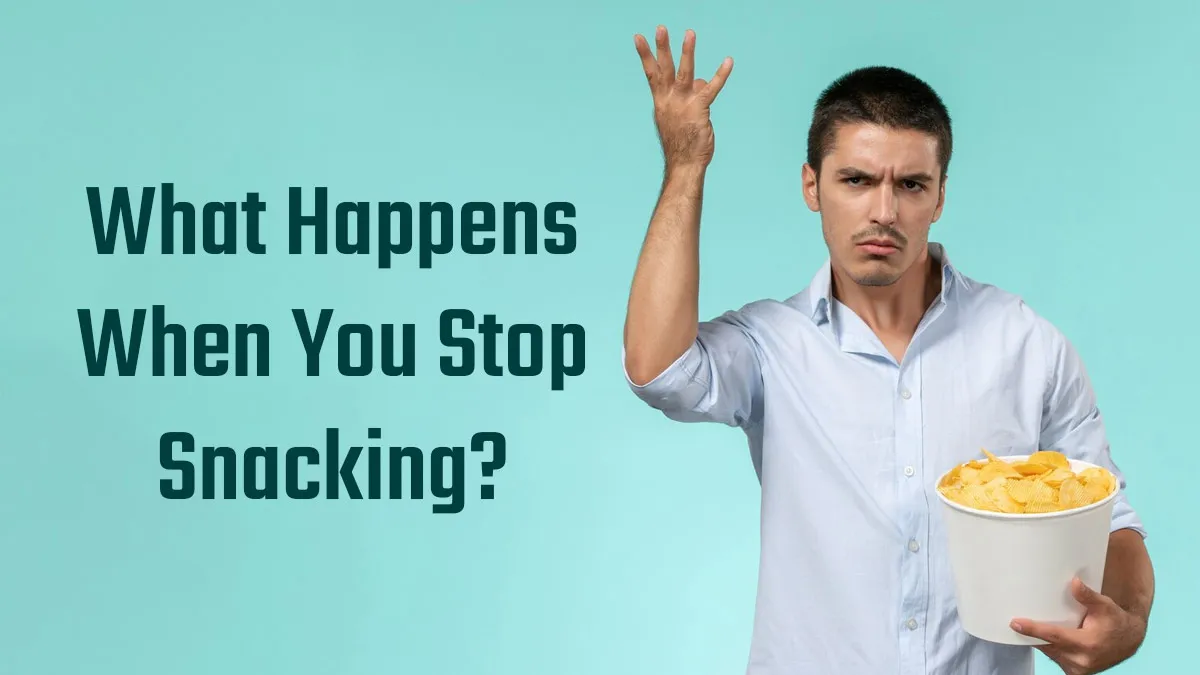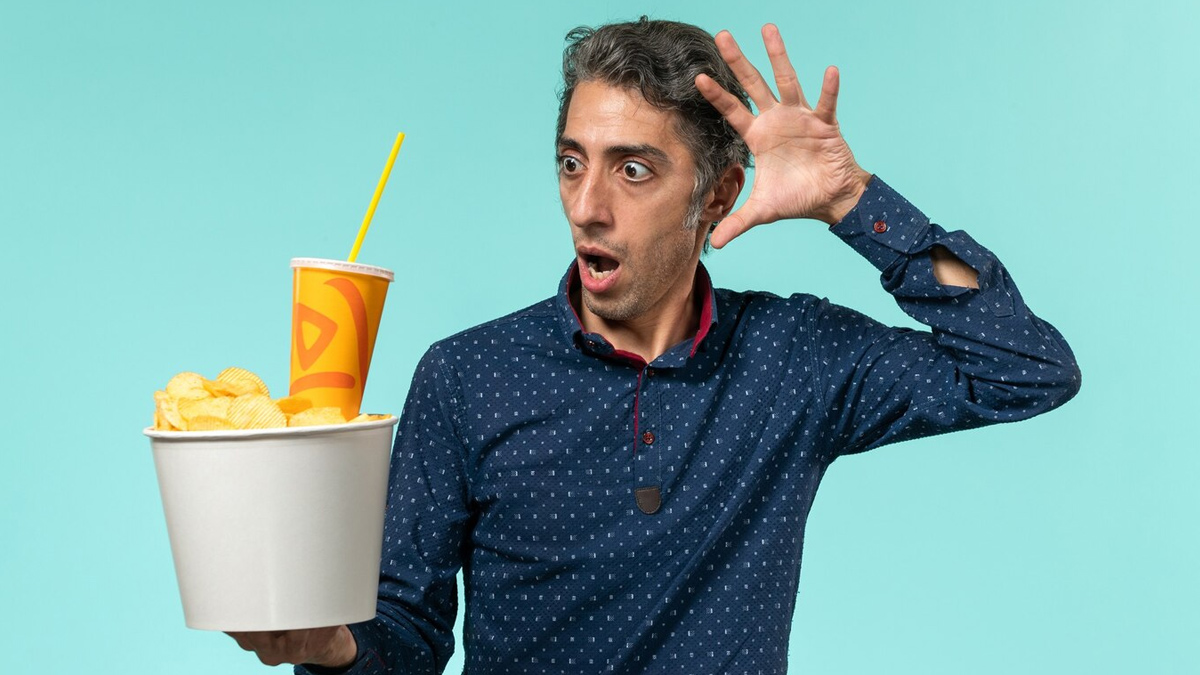
Snacking feels like a quick fix for hunger or boredom, but have you ever wondered what happens when you skip those chips or cookies? Your body changes in surprising ways! In just a few days, you might feel more energetic, lose weight more easily, and even think clearly. But the first days can be tough—your body will ask for snacks out of habit, not real hunger.
Table of Content:-
Regarding the same, an expert details exactly what happens when you stop snacking and shares simple tips to manage hunger. Let’s break it down step by step.
Why Stop Snacking? Expert Explains
View this post on Instagram
Ryan Fernando, Nutritionist, The Millionaire's Health, Bengaluru, says quitting snacks helps your body reset. He shares: “On Day 1, you’ll feel hungry. That’s normal! Your body is used to snacks, so it’s asking, ‘Where’s my snack?’ But this isn’t real hunger—it’s just adjusting.” He adds, “By Day 2, your energy levels balance. You’ll crave less junk and feel less bloated. By Day 3, your body starts burning stored fat for energy. Three days are all it takes to see you never needed those snacks!”
ALSO READ: Does Lemon Water Burn Belly Fat? Expert Reacts To The Myth
Days 1-3: What Your Body Goes Through
-1740987792504.jpg)
Here’s what happens daily when you stop snacking:
Day 1: Fake Hunger Strikes
Your body expects snacks and sends hunger signals.
Ryan’s Tip: “Drink water or herbal tea. Often, you’re just thirsty!”
Day 2: Energy Balances, Mind Clears
Blood sugar stabilizes—no more energy crashes.
Your stomach feels lighter as digestion improves.
Day 3: Fat Burning Begins
Your body uses stored fat for fuel instead of snacks.
Ryan’s Note: “In 3 days, your body learns to work smarter, not harder.”
Science Says: Fewer Snacks = Better Health
A study in the Journal of Nutrition found that people who ate 3 meals a day (no snacks) burned 12% more fat after two weeks. This happens because fewer meals give your body a break from constantly digesting food. When you stop snacking, your insulin levels stay steady, which helps your body burn stored fat for energy. Snacking keeps insulin high, blocking fat burn. Eating fewer meals gives your body time to use stored fat instead of relying on constant snacks. This simple change can make a big difference in how your body manages energy and weight.
Expert Tips to Beat Hunger (Without Snacks!)

Below are a few simple tips that exist to manage cravings effectively.
- The feeling of thirst is interpreted as hunger sensations in the body. Sip water or mint tea.
- The consumption of protein during meals extends how long your body feels satisfied. Try eggs, lentils, or yoghurt.
- The passage of time will make desires disappear after waiting just 15 minutes. Walk, read, or call a friend.
- Eating oats together with veggies and fruits will extend the period of feeling full.
Quick Checklist:
- You should prepare your meals by combining protein with fibre and nutritious fats such as avocado.
- Keeping snacks hidden makes them disappear from your mind just as easily as they do from your sight.
- People who sleep 7 to 8 hours will have fewer hunger cravings since inadequate rest leads to increased appetite.
Long-Term Benefits of Skipping Snacks
- Fewer calories combined with stable insulin levels make it simpler to lose weight.
- Better Digestion: Less bloating, happier gut.
- Sharper Focus: Stable blood sugar = better concentration.
- Your body develops a speedier fat-burning capacity because of improved metabolism throughout the years.
ALSO READ: Gym or Toilet Seat: Which Is Dirtier? A Doctor Explains Which Has More Bacteria
Conclusion
Quitting snacks doesn’t mean starving yourself. It’s about teaching your body to use its own energy instead of relying on food all the time. The first three days might feel tough, but sticking through them will reward you with steady energy and fat loss. Remember, your body loves routine. Give it time, and you’ll build a healthier relationship with food—one meal at a time!
Also watch this video
How we keep this article up to date:
We work with experts and keep a close eye on the latest in health and wellness. Whenever there is a new research or helpful information, we update our articles with accurate and useful advice.
Current Version